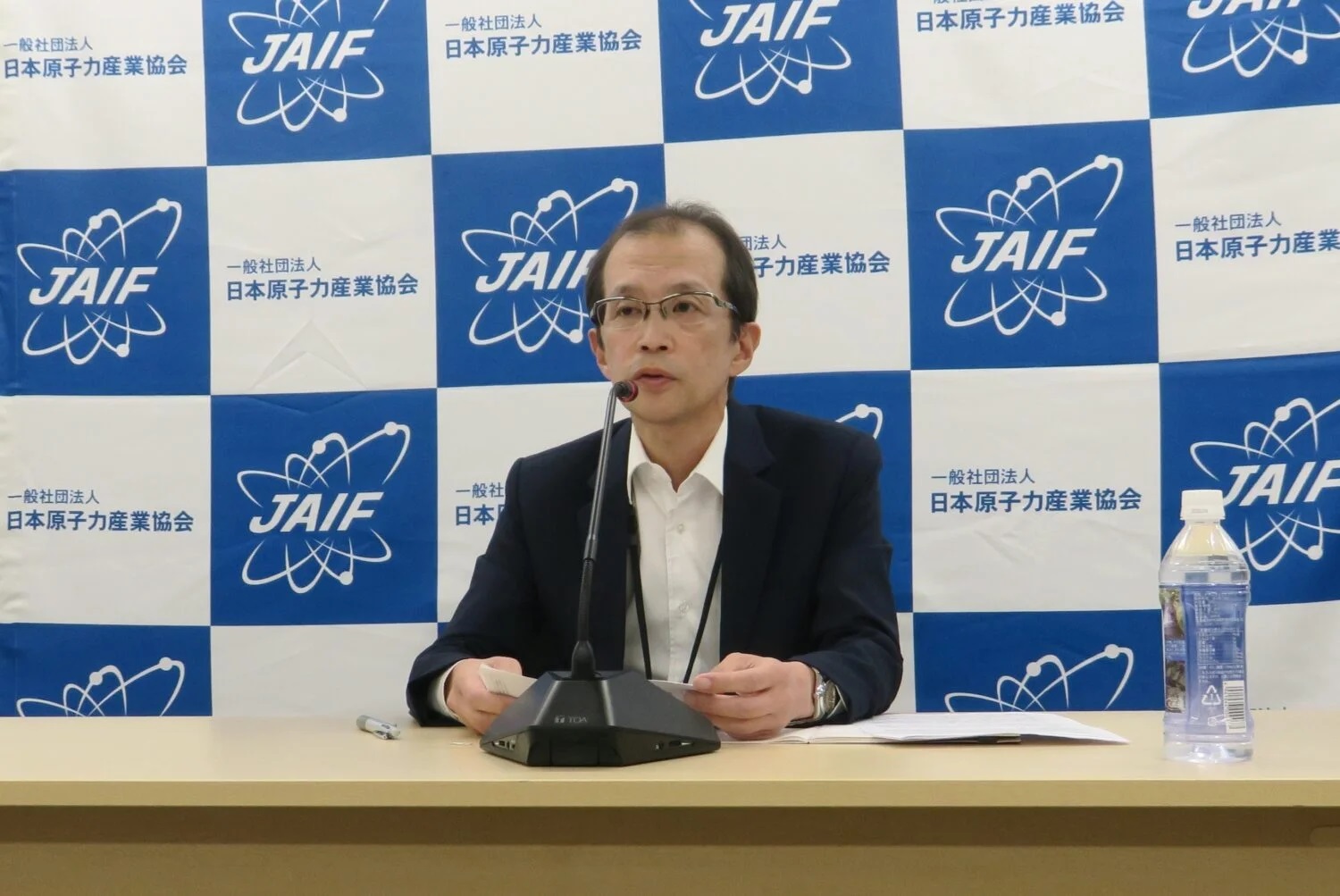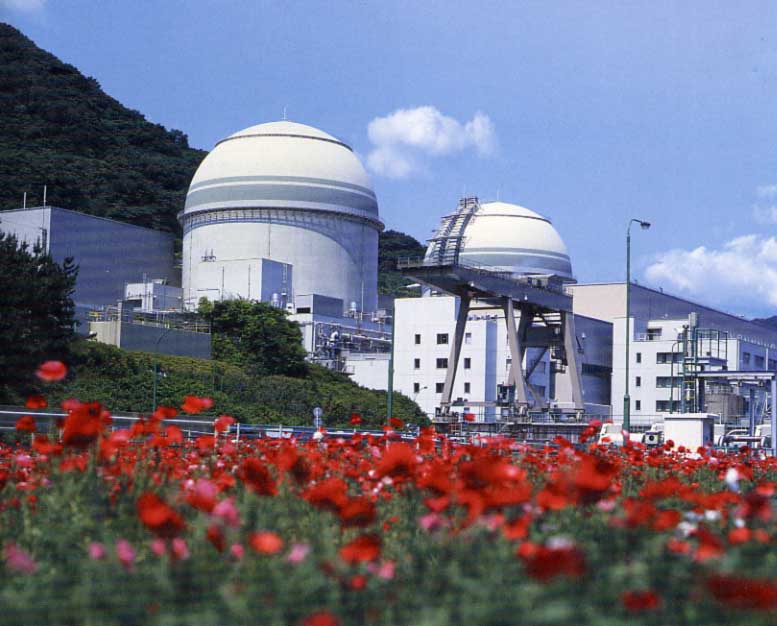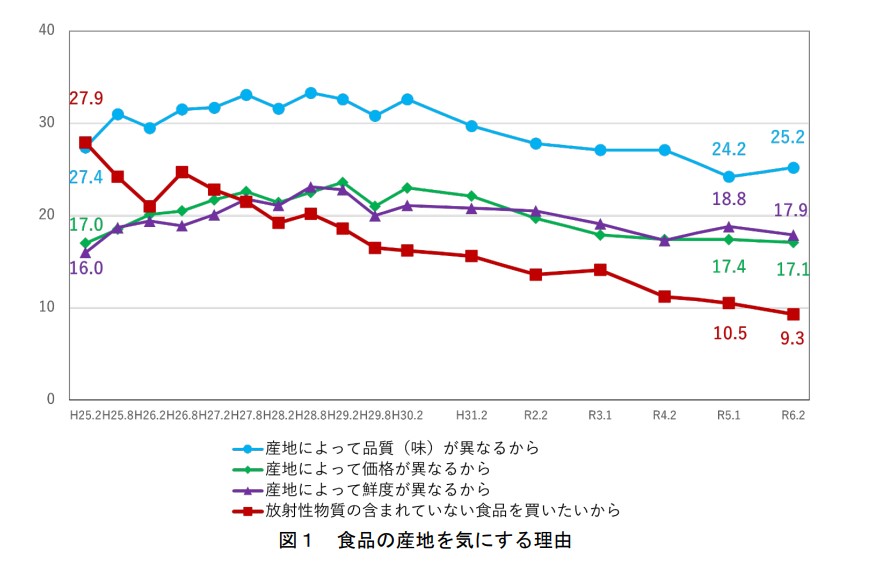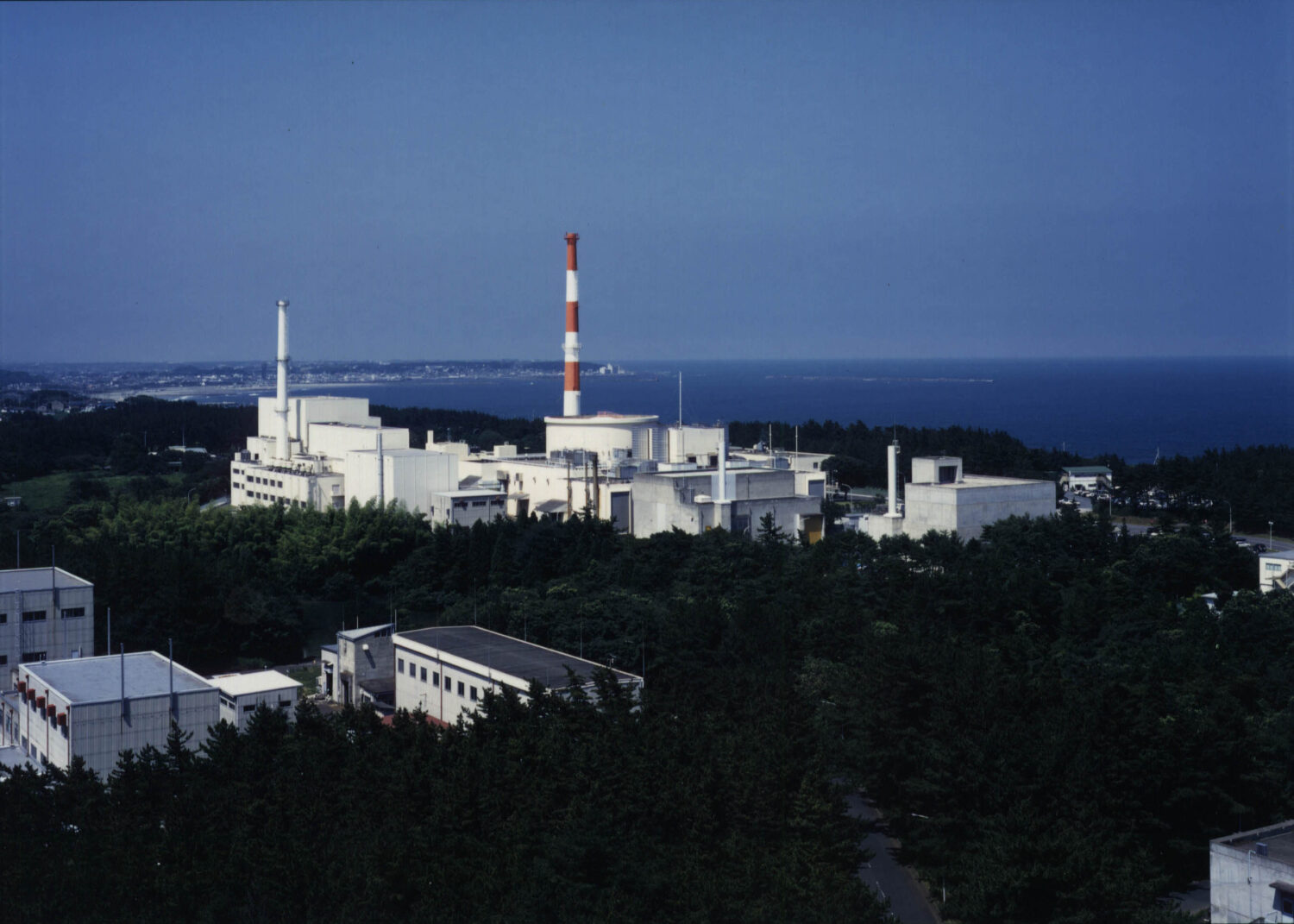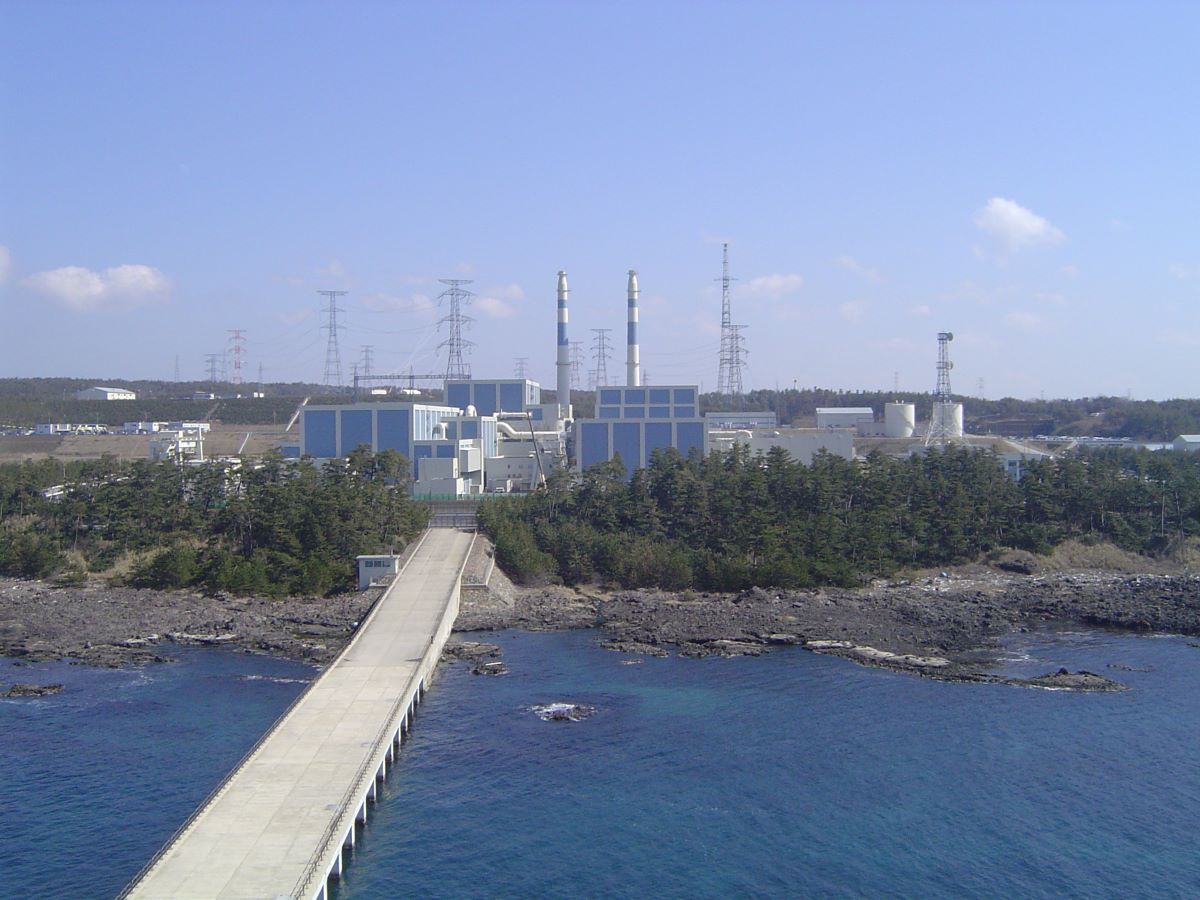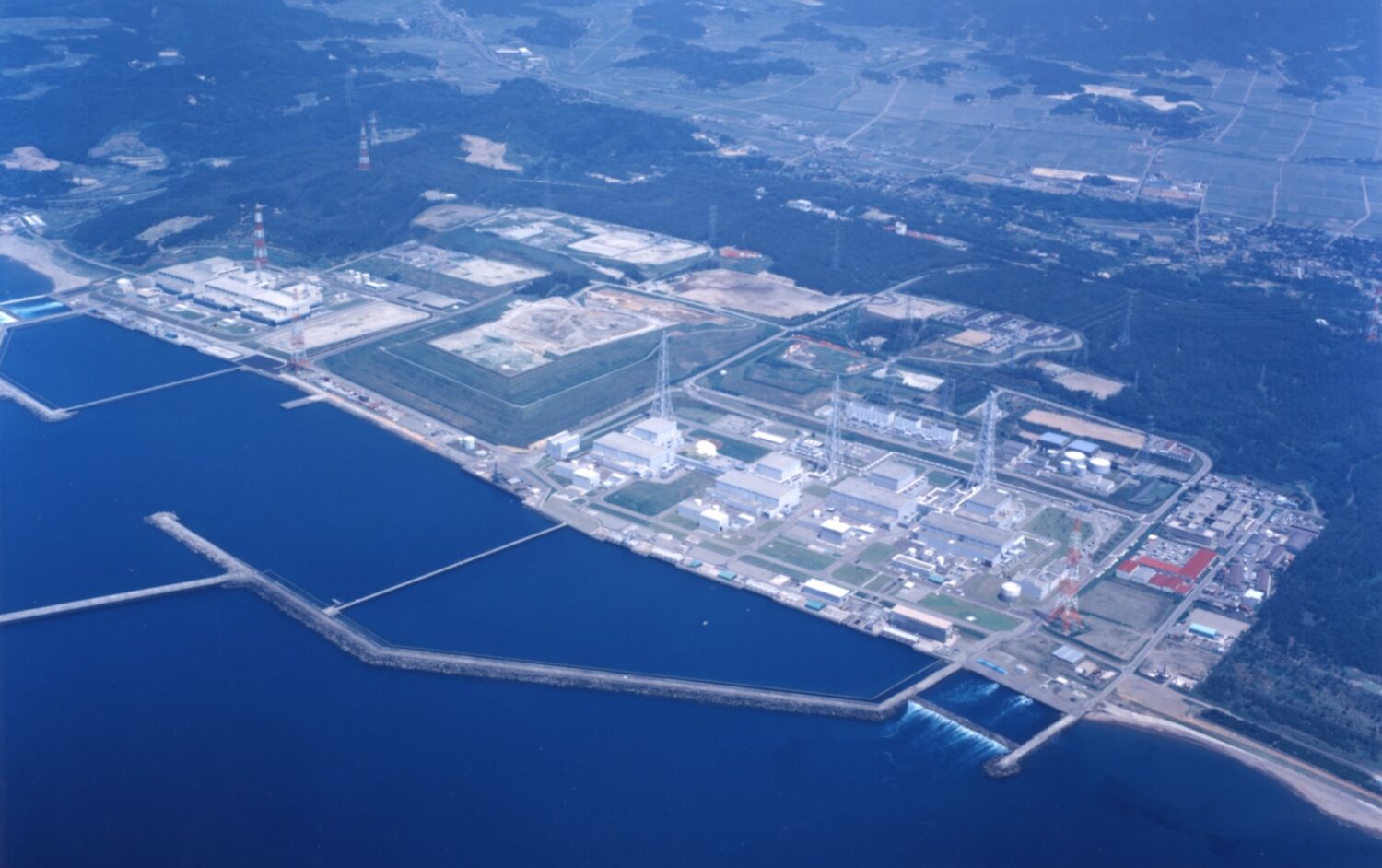This is the first judicial decision prohibiting operation of NPPs that had restarted after the accident at the Fukushima Daiichi Nuclear Power Plants. Because a temporary injunction is effective immediately, in contrast to the case of a ruling in a lawsuit, the two units are forced to shutdown. Unless the decision is reversed by a judicial procedure hereafter, Kansai EP may not continue resumption of operation of them.
Confusion is increasing in the circumstances around nuclear power in Japan.
On the same day, Kansai EP released a statement: “We will promptly take steps to file an objection and will do our best to assert and prove the safety of the Takahama-3 and -4 NPPs so as to obtain the lifting of the temporary injunction as soon as possible.”
Both the Takahama-3 and Takahama-4 cleared the safety examinations by the Nuclear Regulation Authority (NRA) in February 2015. Unit 3 was restarted this past January and is in operation at the moment. Unit 4 was restarted in February, but operation was suspended because of a problem occurring immediate after that. Kansai EP submitted to the NRA just today a report on the cause of that problem and the steps it would take to correct it.
Points of contention are standard ground motion (Ss), the intensity of the maximum earthquake assumed for the aseismic design, which Kansai EP put at 700 gals; and the validity of the new regulatory standards for NPPs provided by the NRA. Saying that Kansai EP’s assumption is “not sufficient to secure safety,” the local anti-nuclear group asserted that if an accident occurs, people in Shiga Prefecture would be exposed to radiation and that Lake Biwa would be contaminated to the extent of adversely affecting drinking water in the Kinki Region. They argued that the requirement under the new regulatory standards is too low and, further, that no effective evacuation plan has been issued. Kansai EP rebuts the contention vigorously, saying “safety is secured.”
Concurrently with its request for a temporary injection, the anti-nuclear-side filed a lawsuit, which is pending in same court.
Judge Yamamoto served as the chief judge in a decision on a temporary injunction regarding Takahama-3 and -4 that was made in November 2014, before the restarts. At that time he denied an injunction because restarts were not imminent.
Issues of the two units were also litigated at the Fukui District Court. In April 2015, that court issued a temporary injunction prohibiting restarts, but a different judge reversed the decision and the anti-nuclear group appealed to the Kanazawa Branch of the Nagoya District Court.


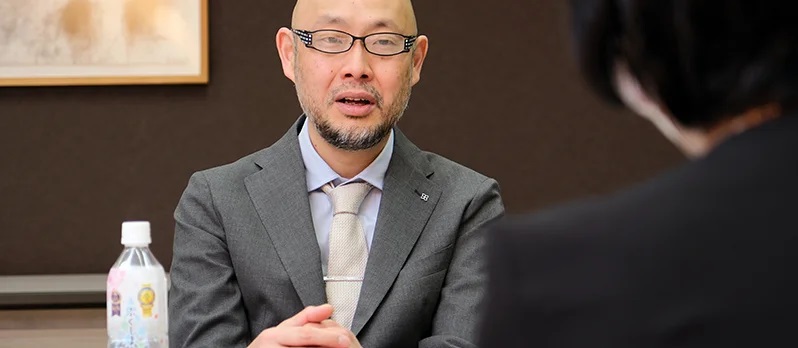
-1.png)

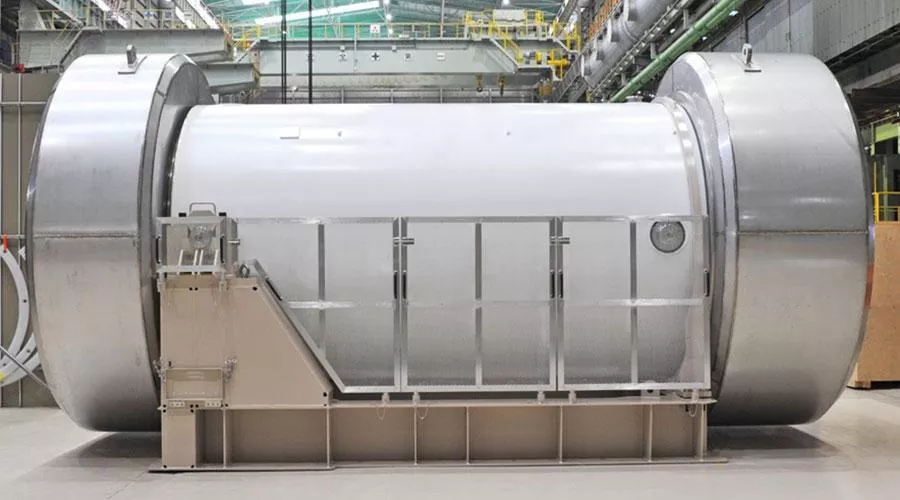
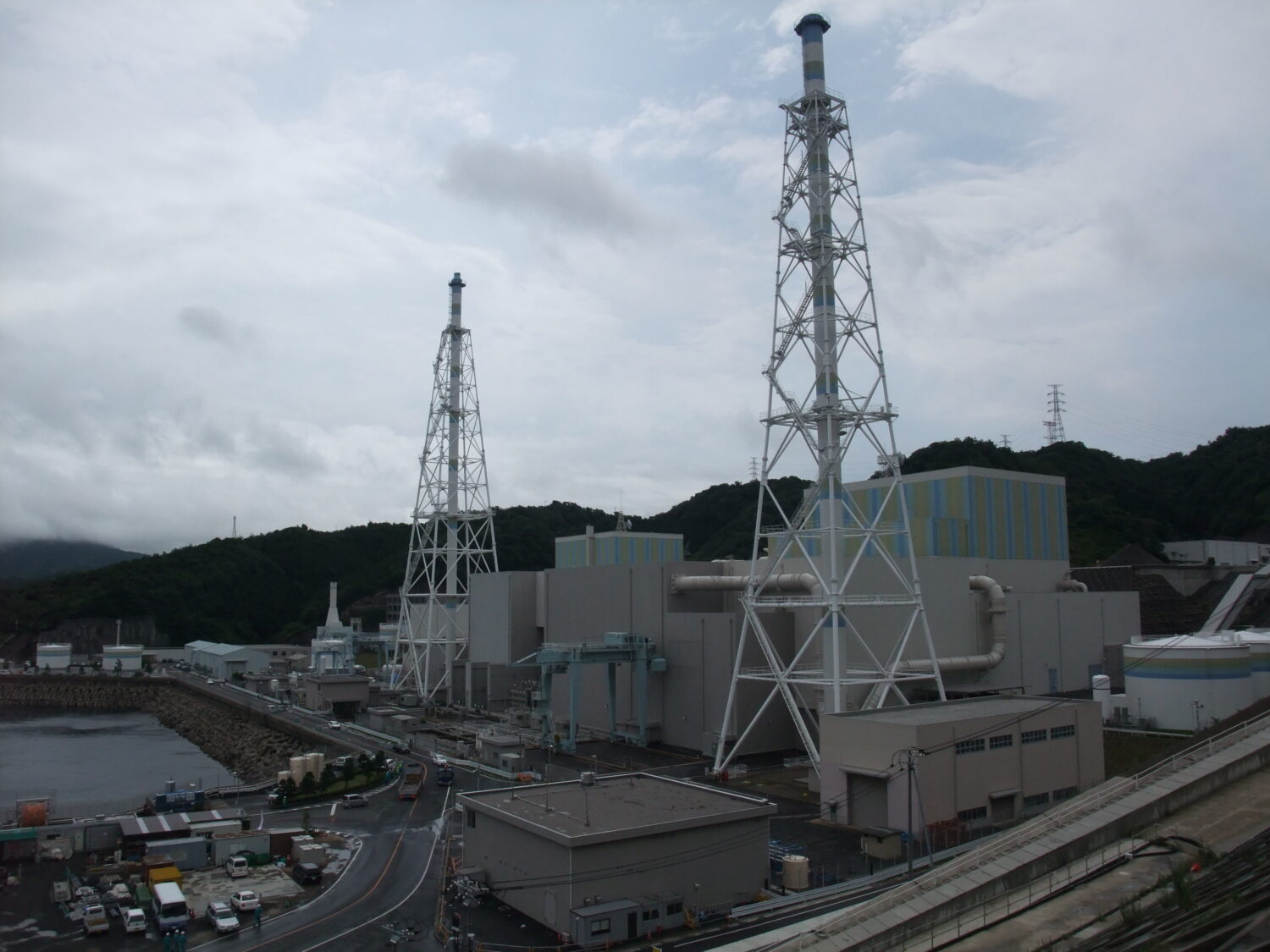

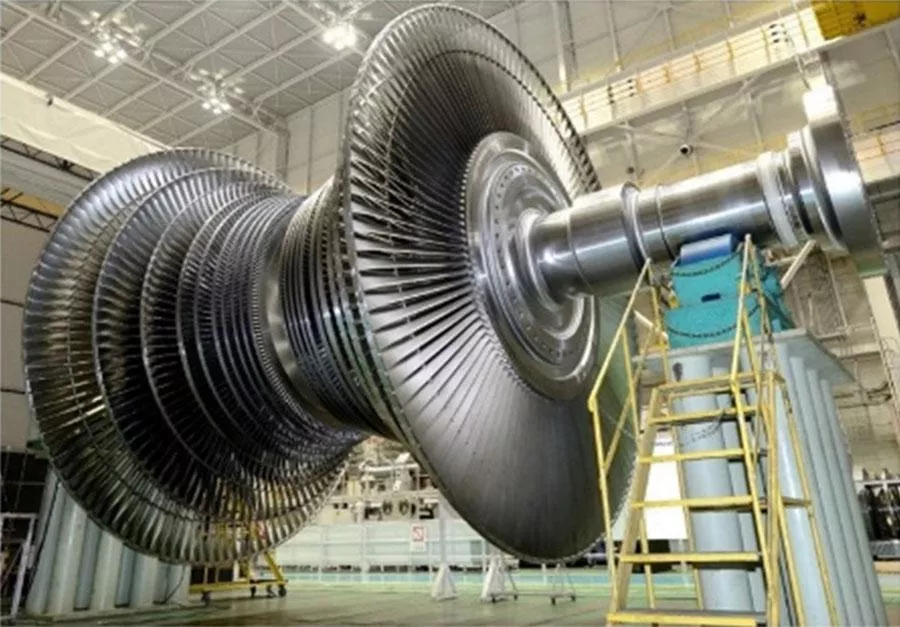

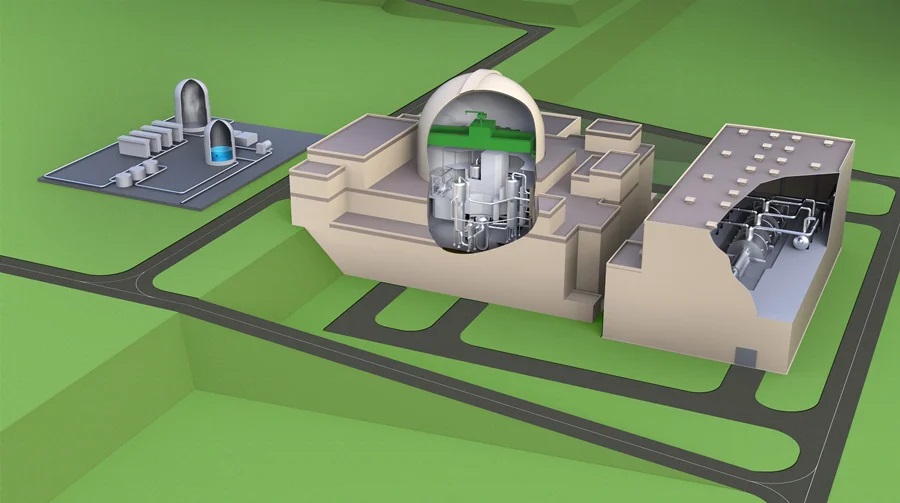
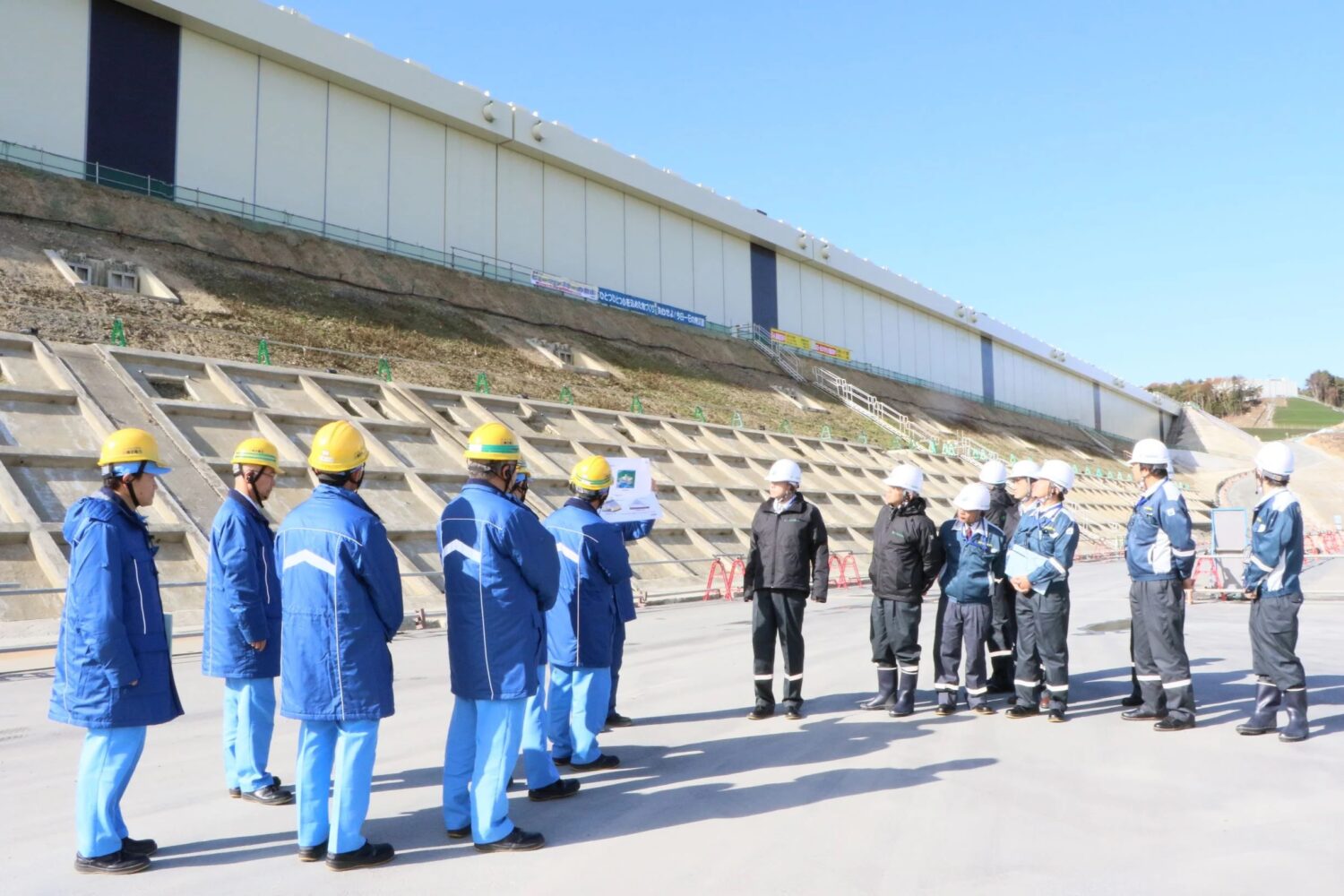




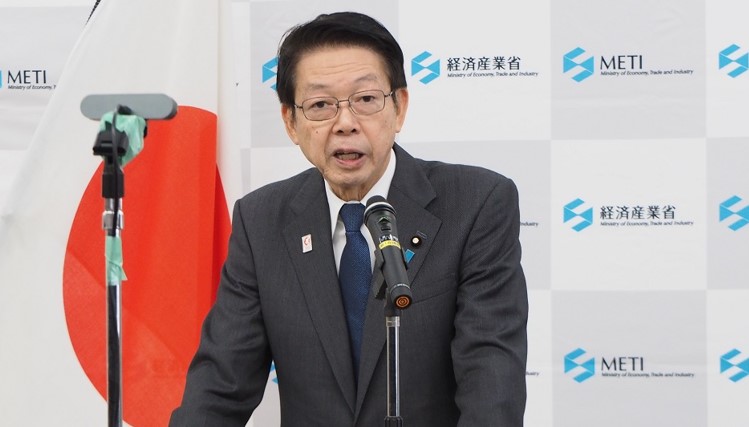
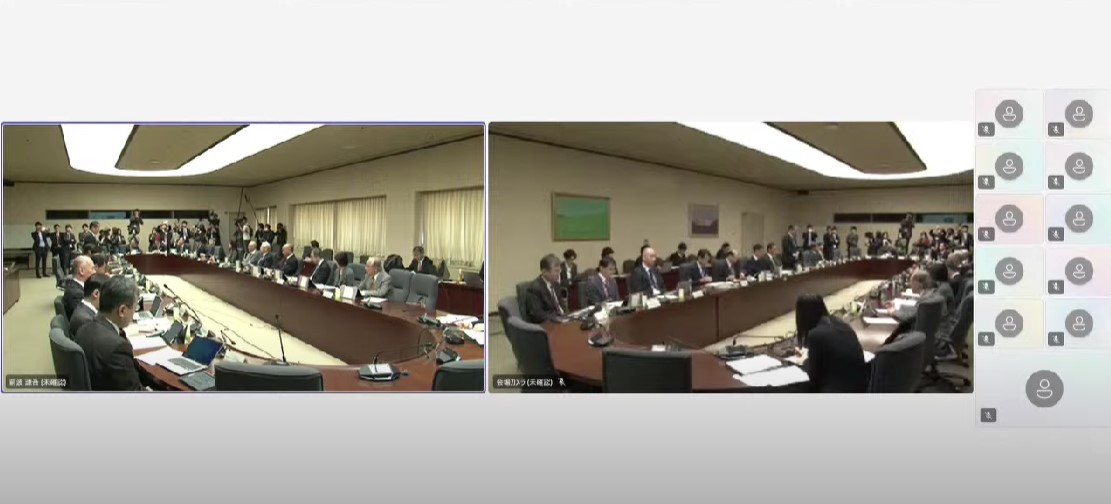
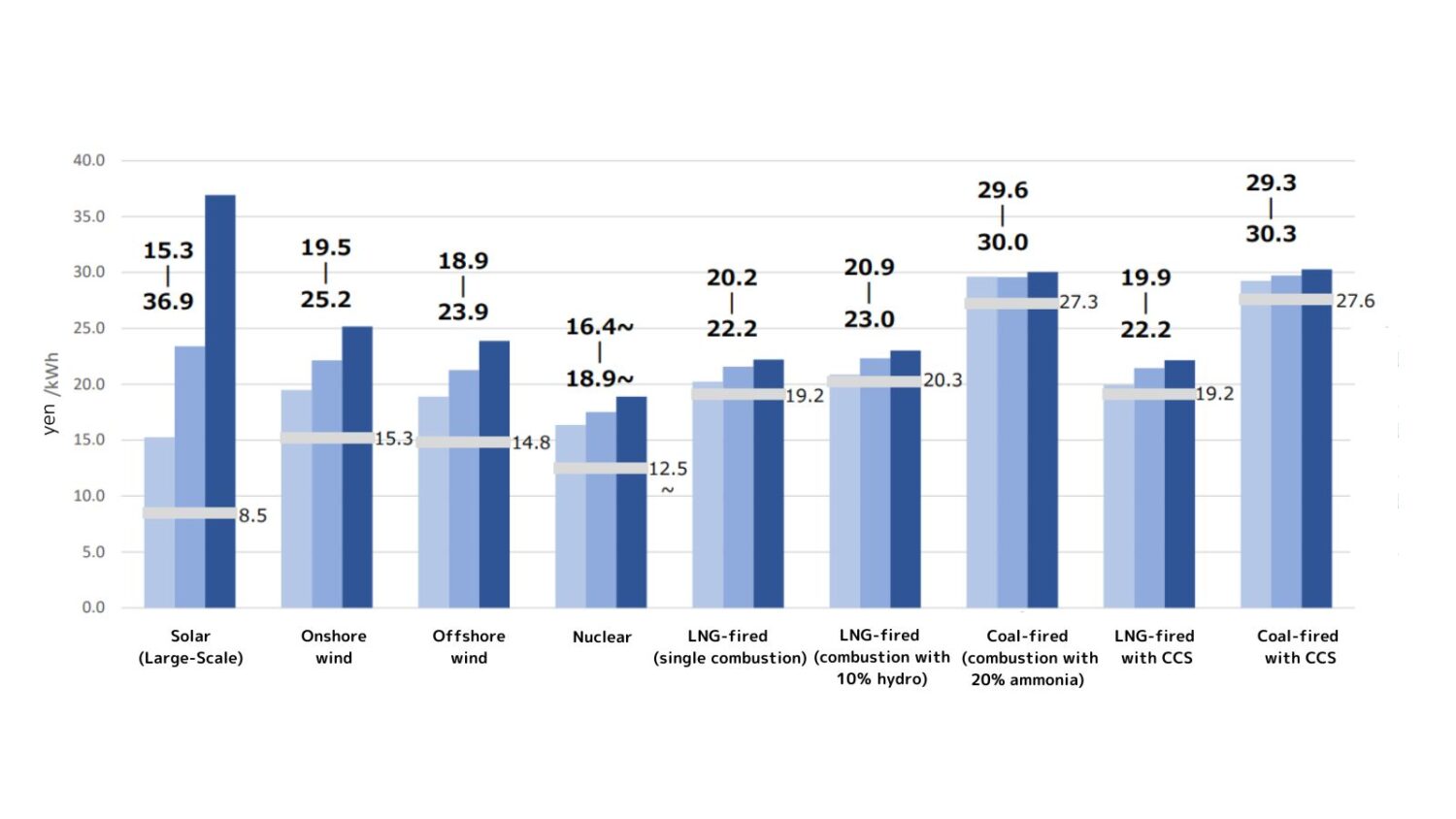
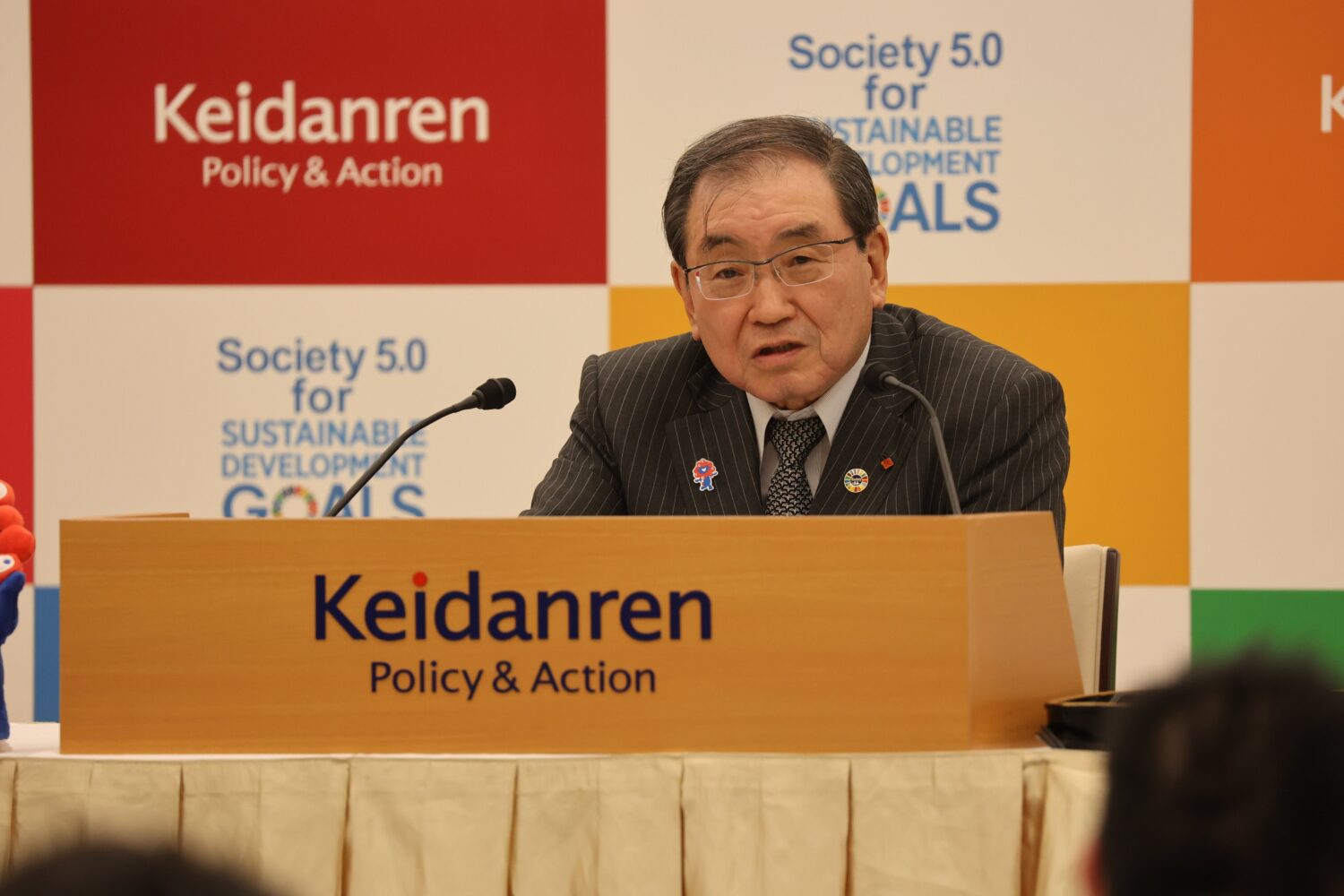

.jpg)

